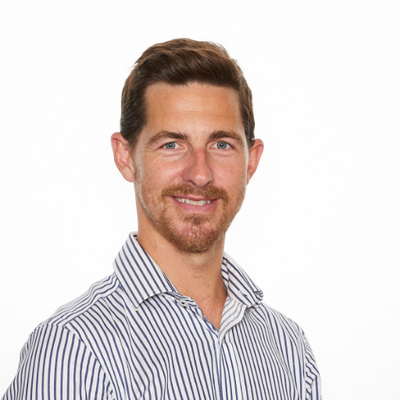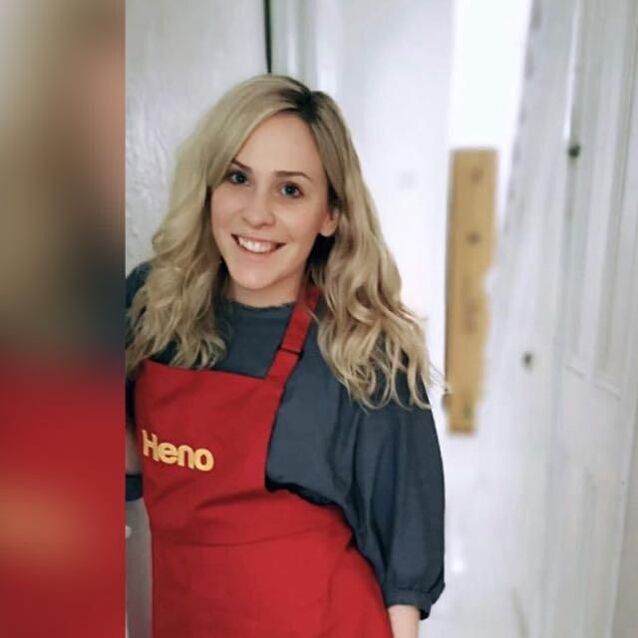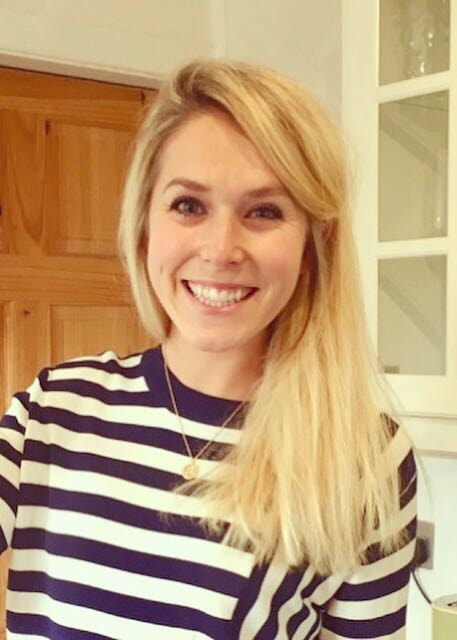|
Dr Tom Cromarty Editor Interests: Paediatric Emergency Medicine, Medical Engagement and Leadership, Simulation, Quality Improvement, Research Twitter: @Tomcromarty |
Welsh Research and Education Network
WREN BlogHot topics in research and medical education, in Wales and beyond
Dr Celyn Kenny Editor Interests: Neonates, Neurodevelopment, Sepsis, Media and Broadcasting Twitter: @Celynkenny |
|
Oliver Walker ST6, Neonatal GRID Trainee Preparing for consultant interviews may feel like a very distant problem in the early years of paediatric training. However, thinking early about what you’d like your future consultant job to be and how to get it can help guide your priorities in the last years of your training. For many of us this may well be the first interview we have had since applying for paediatric training.
Dr Helen Jeffries and Dr Rachel Rayment gave an instructive talk on consultant interview skills at the recent junior doctor leadership session at UHW. They talked from personal experience of being both the interviewer and interviewee. A key message was the importance of preparation well in advance. As well as building your CV in the later years of training, try to demonstrate an interest that will be a selling point to the panel, be it an area of clinical expertise, management experience, research or education. Look online for consultant interview scoring criteria and identify areas of strength as well as weaknesses that you can address in advance. When looking for jobs try to think carefully about whether it is right for you, remember that consultant jobs are often still a career long position. Dr Jeffries and Rayment told us that if you feel the job doesn’t quite fit your needs (e.g. you have a research interest you’d like to pursue) you can discuss any specific changes with your future employer. They suggested that this should be done early in the process as once you are appointed renegotiation can be very difficult. Once an interview has been offered, visit the department, make contact with and ideally meet as many members of the interview panel and department as you can. This will give you a valuable insight into the priorities of the department and likely interview questions. It is as important to meet non clinical as clinical staff. Visiting will stop you being an unknown quantity at interview. Make sure you are aware of local issues and practices - this can be especially true if moving regions or countries. For example, NHS England has a very different structure to NHS Wales with different bodies for service commissioning and service delivery and this alters an organisation’s priorities. Look at the values of the trust or board you are applying to, try to see what the its plans for the future are and how you complement these. When preparing for the interview practice as much as you can with friends and especially consultant colleagues who can offer valuable feedback. There are also services that provide professional advice and training for interview skills. Dr Jeffries and Dr Rayment emphasised that clinical skills are taken as a given - it is how your other skills and experience will fit the needs of the department that really matters.
0 Comments
Leave a Reply. |
Editors
Dr Annabel Greenwood Categories
All
|





 RSS Feed
RSS Feed
